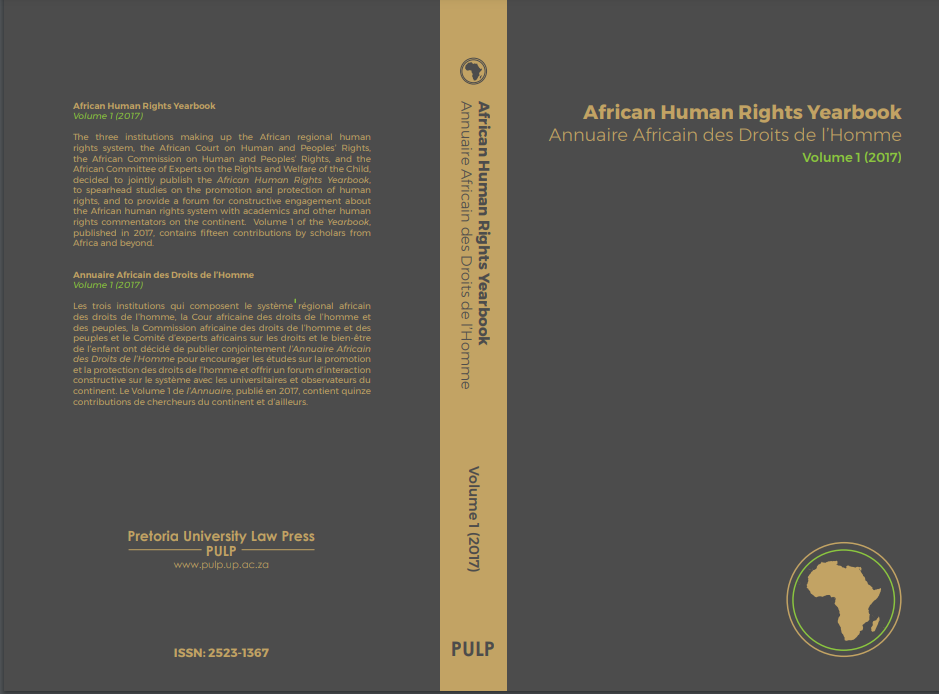Du ‘droit de la force’ à la force du droit: pour la dépénalisation de l’avortement à Madagascar
DOI:
https://doi.org/10.29053/2523-1367/2017/v1n1a16Keywords:
avortement non sécurisé, dépénalisation, l’accès à l’avortement sécurisé, droits des femmes, santé sexuelle et reproductive, Protocole de MaputoAbstract
RÉSUMÉ: D’après les estimations de l’Organisation mondiale de la santé, 67 800 femmes meurent chaque année dans le monde de complications d’un avortement non sécurisé. L’Afrique a le taux le plus élevé de décès maternels liés aux avortements non sécurisés. Cette mortalité élevée est due principalement à la pénalisation de l’avortement qui limite l’accès à l’avortement sécurisé et aux soins post avortement. Madagascar est l’un des pays criminalisant l’avortement au moyen d’une législation très restrictive en matière d’interruption volontaire de la grossesse. A travers une description historique et sociale, cet article montre que la pénalisation de l’avortement à Madagascar s’inscrit dans un environnement général d’inégalité et de violation des droits des femmes. Il présente l’impact négatif de l’avortement sur la santé et les droits des femmes contrairement aux engagements internationaux de Madagascar prévus dans les textes universels et régionaux consacrant le droit à la santé sexuelle et reproductive des femmes et filles. L’article appelle donc à une évolution du droit malgache en vue de consacrer sa force à une meilleure protection des droits des femmes et des filles.
TITLE AND ABSTRACT IN ENGLISH: From the ‘law of force’ to the force of law: an argument for the decriminalisation of abortion in Madagascar ABSTRACT: According to estimates by the World Health Organization, worldwide, 67,800 women die annually from complications of unsafe abortion. Africa has the highest rate of maternal mortality related to unsafe abortions. This high mortality rate is due mainly to the criminalisation of abortion, which limits access to safe abortion and post-abortion care. Madagascar is one of the countries that criminalises abortion through very restrictive legislation on the voluntary termination of pregnancy. Adopting a historical and social approach, this article shows that the criminalisation of abortion in Madagascar is part of a general climate of inequality and women’s rights violation. It presents the negative impact of abortion on the health and on the rights of the women, in violation with Madagascar’s international commitments set out in global and regional texts recognising the sexual and reproductive health rights of women and girls. The article accordingly calls for the development of Malagasy law to achieve improved protection of women’s and girls’ rights.


